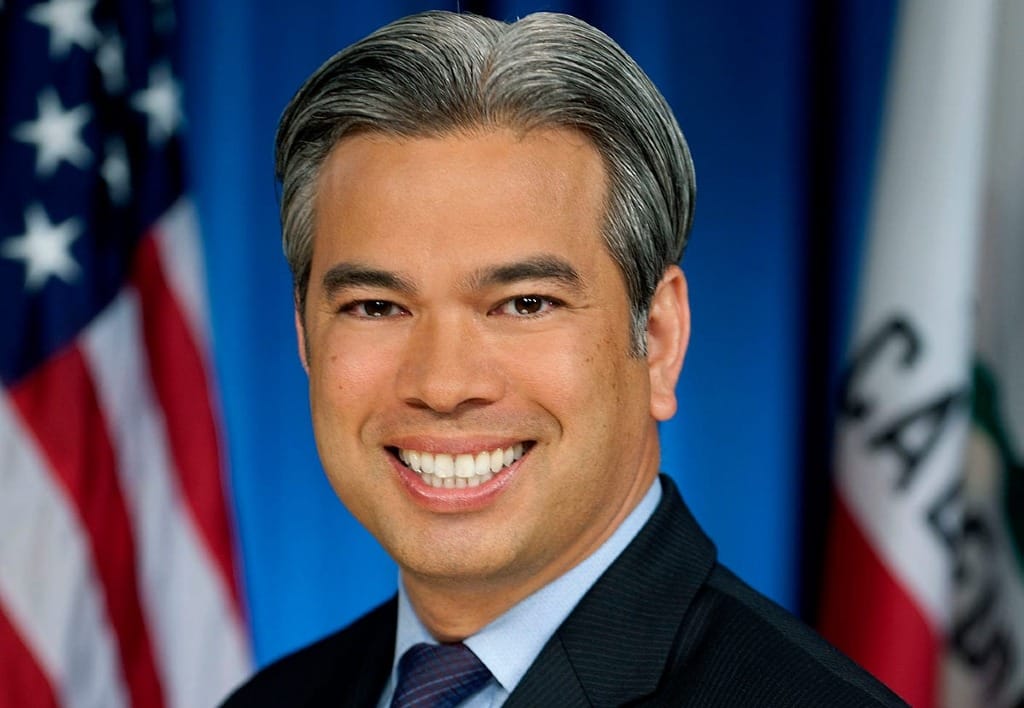Supreme Court Still Won't Review N.Y. Affordable Broadband Act
A group of 22 states – including Massachusetts and California – supported New York Attorney General Letitia James’s office.
Jake Neenan

WASHINGTON, Feb. 25, 2025 – The broadband industry keeps trying to get the Supreme Court to help them, and the Supreme Court keeps saying no.
The high court said again Monday that it will not hear the industry’s challenge to a New York law capping broadband prices for low-income customers. The high court’s denial Monday seemed to keep the door open for other states considering similar laws.
State legislators in at least California and Massachusetts are already considering similar laws. ISPs had told justices they feared states doing so, writing that if the law were upheld “many state legislators and bureaucrats would surely then follow New York’s lead.”
.
New York’s Affordable Broadband Act requires monthly prices of no more than $20 for households participating in programs like SNAP and Medicaid. ISPs with less than 20,000 subscribers were tentatively exempted, but large ISPs now bound by the law cover 95 percent of the state’s homes and businesses.
Charter and Altice already offered compliant plans per agreements with the state, and Verizon had a similar affordable plan with more stringent eligibility requirements. The law went into effect Jan. 15.
New York’s legislature passed the law in 2021, when it was challenged by broadband provider trade groups. The case made its way to the Second Circuit, which ruled in April 2024 that the law could stand. The high court denied Monday ISPs’ second petition to review that case without elaborating.
In upholding the law, judges based their analysis on broadband being a Title I service under the Communications Act, but the Federal Communications Commission had around the same time changed its classification once again to Title II. The designation came with more expansive federal oversight that would likely have provided an easier argument for striking down state-level rules like the ABA, but industry groups challenged the move in court.
ISPs asked the Supreme Court to reverse the New York law, but only after they had finished their then-ongoing legal challenge to the Title II order – which was ultimately successful – but justices refused. The industry groups petitioned again in January after the Title II case was decided, and the high court declined again to step in.
AT&T pulled its fixed wireless broadband offering – provided via excess capacity on the company’s 5G network – from New York over the ABA. While the service wasn’t a major player in the state, the move made clear the company’s position on state-level price regulations – and gave trade groups something to point to when pushing justices to reconsider their decision to let the Second Circuit decision lie.
A group of 22 states – including Massachusetts and California – supported New York Attorney General Letitia James’s office when the state appealed a lower court injunction pausing the ABA, saying they wanted to retain the authority to regulate broadband pricing.
“Given the importance of broadband in daily life and times of crisis, States must have the means to safeguard their residents’ access to broadband, just as they do for many other essential goods and services through their price-gouging statutes,” the states wrote.









Member discussion